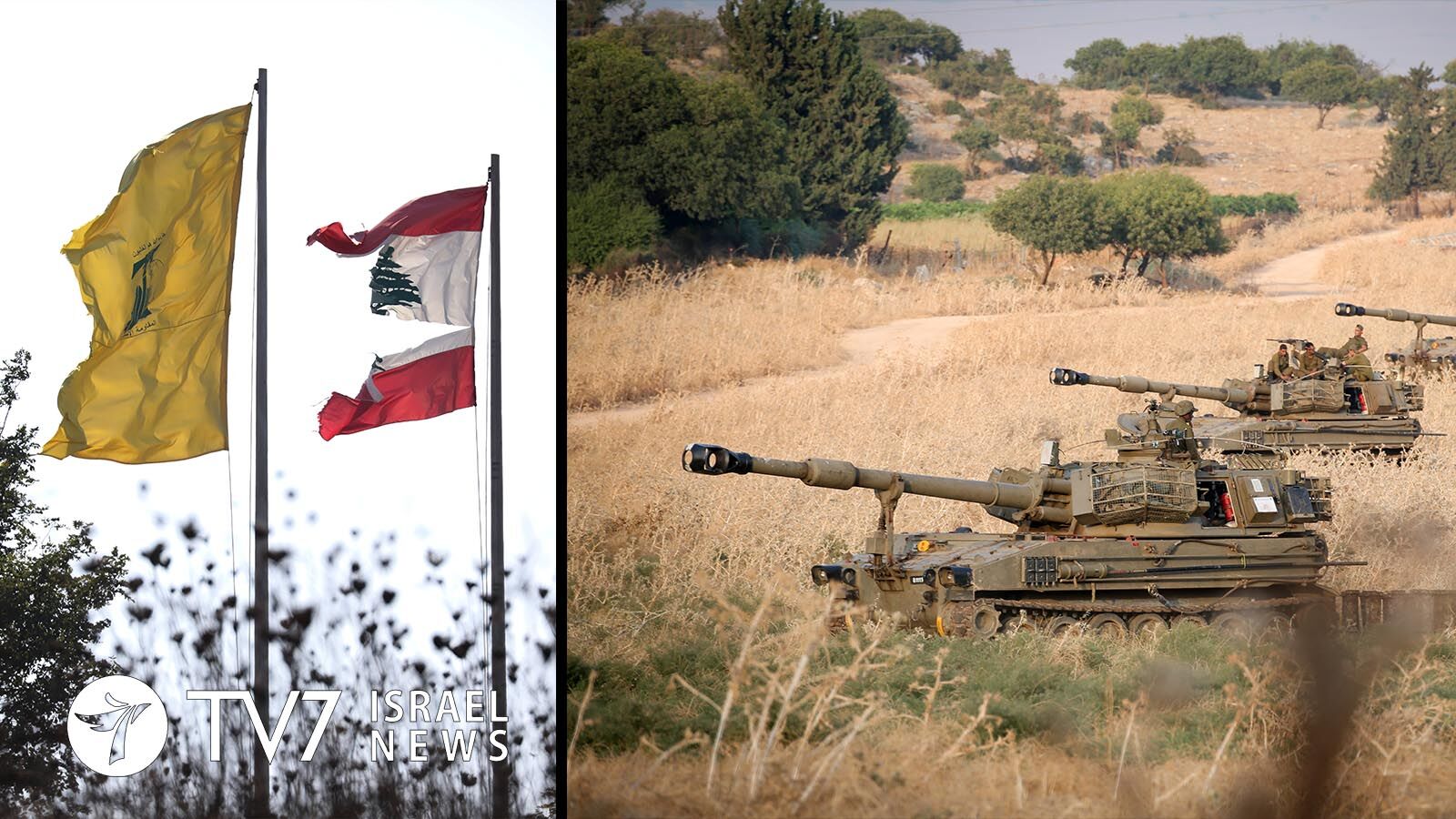Tensions are escalating following Beirut’s insistence on “amendments” to a proposed maritime demarcation proposal by the United States.
By Erin Viner
Israeli Defense Minister Benny Gantz instructed the security establishment “to prepare for any scenario in which tensions increase in the northern arena, including defensive and offensive readiness,” said an official statement issued by the Israeli Ministry of Defense (IMoD).
The order was delivered following a situation assessment Jerusalem’s top defense official held with the IDF Chief of the Staff Lieutenant General Aviv Kochavi, IMoD Director General (Res.) Amir Eshel and Head of the IDF Operations Directorate Major General Aharon Haliva.
The draft, which has not been made public, had a warm preliminary reception from the Israeli and Lebanese governments after being presented by US Special Envoy and Coordinator for International Energy Affairs Amos Hochstein last week.
Lebanon, however, issued fresh demands on Tuesday after months of recent negotiations brokered by the US envoy – throwing years of diplomatic efforts into doubt.
Washington has been trying to broker indirect demarcation talks between Beirut and Jerusalem in a process that began in 2000, to determine sovereignty over offshore oil and gas resources to pave the way for more exploration.
This is not the first time Lebanon has demanded changes to pre-existing understandings.
Israel proposed a 58:42 division in favor of Lebanon when negotiations were resumed last year, but an impasse was reached after Lebanon nearly tripled its claim by around 1,400 square km (540 square miles) over the initial Decree 6433 Lebanon submitted to the United Nations in 2011. The new Lebanese claim angles farther south, placing an 860-square kilometer triangle in the Mediterranean (amounting to about 2% of Israel’s economic waters) at stake, including the northern end of the Karish field which Jerusalem firmly maintains is part of its exclusive economic zone (EEZ).
A senior Israeli official said that following meeting of the Security Cabinet and being “updated on the details of the substantial changes Lebanon is seeking to make,” Israeli Prime Minister Yair Lapid “instructed the negotiating team to reject them.”
“Lapid said Israel would not compromise on its economic and security interests, even if it meant no deal would be reached anytime soon,” he said.
Beirut responded to Jerusalem’s refusal to accept revisions to the draft by describing the demarcation talks with it’s long-time foe as having reached a “make or break” point yesterday.
Top Lebanese negotiator and Deputy Speaker of Parliament Elias Bou Saab said on Thursday that the deal “is 90% done but the remaining 10% could make it or break it,” adding that he was in constant contact with US mediator Hochstein.
A US official remarked that although an agreement between the sides are at “a critical stage,” that the “gaps have narrowed.” The source added that Washington remains “committed to reaching a resolution and believe a lasting compromise is possible.”
Lebanon – which has never recognized the State of Israel – with any broader peace deal beyond the horizon – has also said the Jewish country will earn no royalties from the Lebanese share of gas in the Qana prospect.
Israel is set to activate its offshore “Karish field outside Qana – and made it clear that it will press ahead with offshore exploration and production regardless of the state of the negotiations. “Israel will produce gas from the Karish field as soon as it is possible to do so,” said the Israeli official, stressing that negotiations will “stop immediately” in the face of any threats.
There had been an urgency to resolving outstanding differences following statements by Lebanon’s Iran-backed Hezbollah terror organization that it is prepared to fight Israel over water rights.
Israeli Defense Minister Gantz further emphasized that “Lebanon will bear a heavy military price” if Hezbollah attacks as he placed the nation’s security forces on alert.
